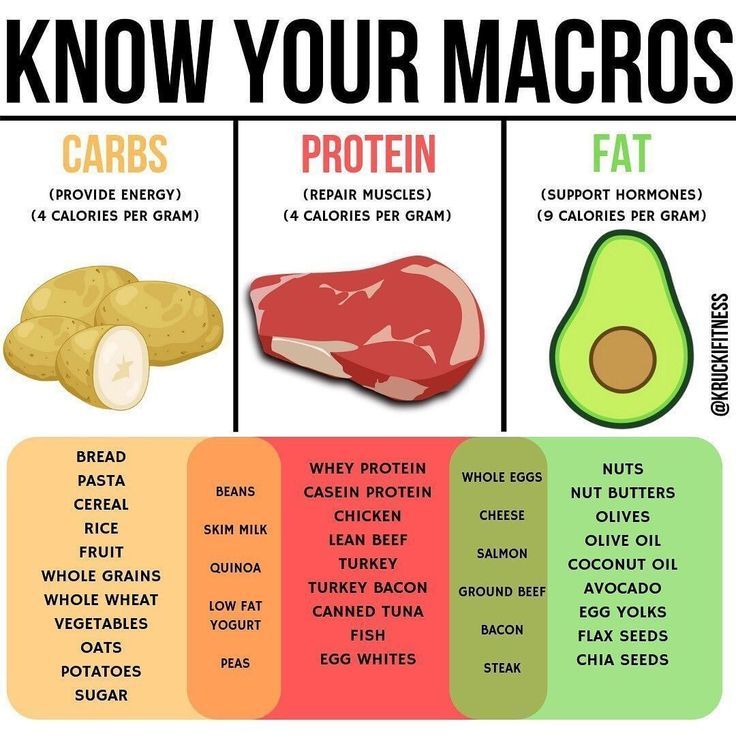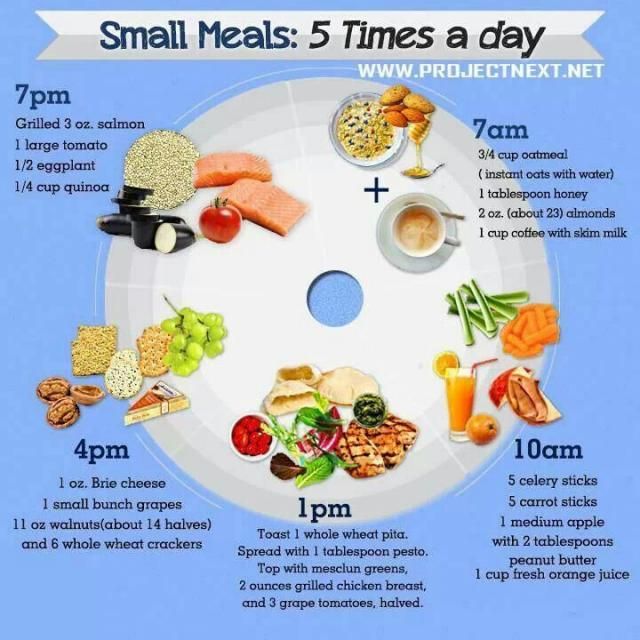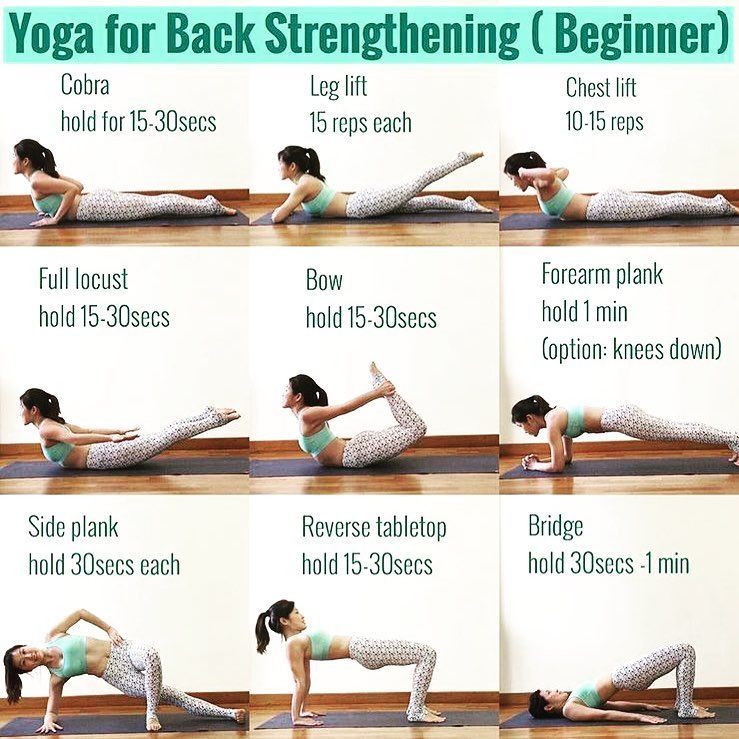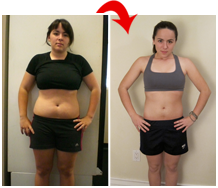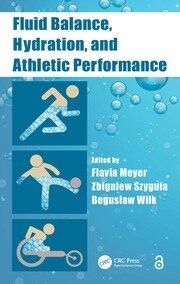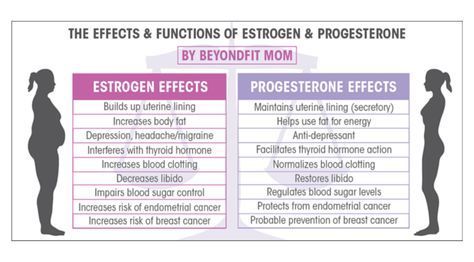When it comes to achieving a healthy lifestyle, the type of diet you choose plays a crucial role. Two popular diet approaches that have gained widespread attention are clean eating and counting macros. While both these diets have their own benefits, they differ in terms of focus, principles, and suitability for individual preferences and goals. In this article, we will dive into the details of clean eating and counting macros to help you determine which one may be the right fit for you.
Clean Eating: What is it?
Clean eating is all about consuming whole, unprocessed foods while avoiding or minimizing processed and refined foods. The emphasis is on selecting fresh fruits, vegetables, lean proteins, whole grains, and healthy fats. The idea is to consume foods in their most natural state to maximize nutritional value and minimize the intake of additives, preservatives, and artificial ingredients.
Clean eating promotes a diet rich in nutrients, antioxidants, and fiber, which can contribute to overall good health and well-being. It aims to improve digestion, boost energy levels, support weight management, and reduce the risk of chronic diseases such as heart disease and diabetes.
Counting Macros: What is it?
Counting macros, also known as flexible dieting, involves tracking and adjusting macronutrient intake—carbohydrates, proteins, and fats—to meet specific goals. Instead of focusing on the source or quality of food, the main objective is to hit specific macro targets, typically measured in grams or percentages, to achieve desired body composition changes or performance improvements.
This diet approach places importance on caloric balance and meeting certain macro ratios rather than strictly regulating food choices. It allows for greater dietary flexibility and less restriction, making it easier for some individuals to adhere to in the long term.
Fitness and Body Composition Goals
Clean eating can be a great option for those seeking to improve their overall health, maintain a stable weight, or support a nutritional lifestyle. It can be particularly beneficial for individuals looking to reduce body fat, as clean foods are generally low in calories and high in nutrients.
On the other hand, counting macros may be more suitable for individuals with specific fitness or body composition goals, such as bodybuilders, athletes, or those aiming for significant weight loss or muscle gain. By tracking macros, individuals can manipulate their intake to ensure they are meeting their specific protein, carbohydrate, and fat requirements to support their performance or physique goals.
Individual Preference and Sustainability
When it comes to individual preference and sustainability, clean eating tends to suit individuals who enjoy whole, unprocessed foods and prefer a more structured approach. It promotes mindful eating and encourages cooking at home, which can be gratifying for those who enjoy spending time in the kitchen and are motivated to prioritize nutrition.
Counting macros, on the other hand, can be more appealing to those who prefer flexibility in their food choices. It allows for occasional indulgences and dining out, as long as the macronutrient targets are met. This flexibility may make it easier for individuals to stick to their diet plan without feeling deprived, thus potentially leading to better long-term adherence.
Dietary Restrictions and Sensitivities
Clean eating can be advantageous for individuals with dietary restrictions or sensitivities, such as gluten intolerance, lactose intolerance, or allergies. By selecting whole foods in their natural state and avoiding processed ingredients, it becomes easier to eliminate potential allergens or ingredients that may trigger adverse reactions.
Counting macros, if done correctly, can also accommodate dietary restrictions, as the focus is primarily on macro intake rather than specific foods. However, it may require more meticulous tracking and planning to ensure nutrient needs are met while avoiding trigger foods or allergens.
In Conclusion
When deciding between clean eating and counting macros, it’s essential to consider your goals, preferences, and any dietary restrictions you may have. If you prioritize overall health, enjoy cooking at home, and prefer a structured approach, clean eating may be the ideal choice for you. On the other hand, if you have specific fitness or body composition goals, desire more flexibility in food choices, and can track your macros effectively, counting macros may be the more suitable option.
Ultimately, the most effective diet is one that you can sustain in the long term and that meets your individual needs and goals. Listening to your body and finding a balance that works for you is key to achieving a healthy and fulfilling diet.”
